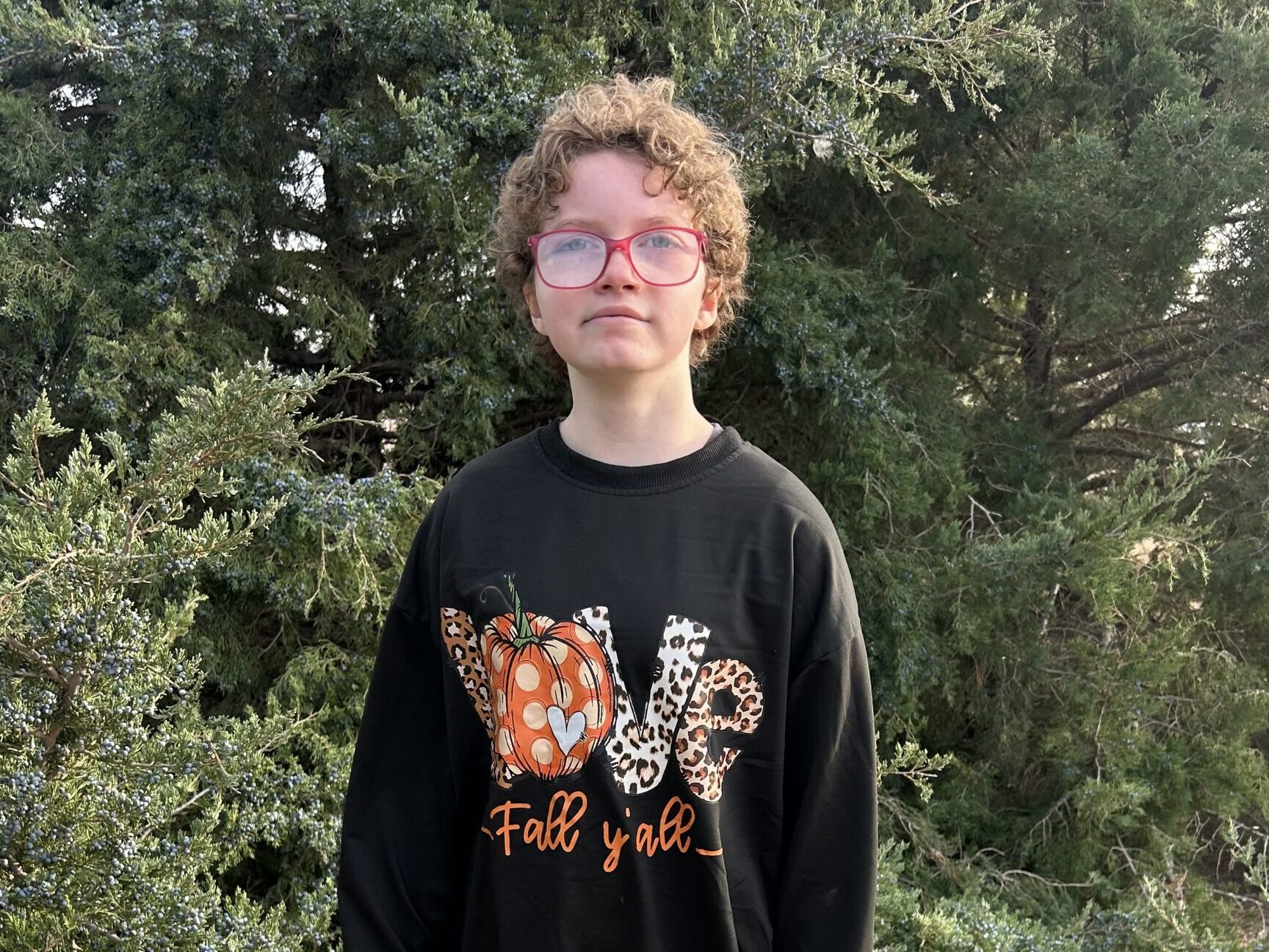This Lent, we’re sharing a series of weekly reflections provided by members of The Saint Francis Foundation’s Church Relations team. The Rev. Benjamin Thomas, Th.D., has written a few thoughts for this Friday.
Mark’s Gospel (12:28-34) records a famous conversation where a scribe asks Jesus which commandment comes first. Jesus famously replies,
“The first is, ‘Hear, O Israel: the Lord our God, the Lord is one; you shall love the Lord your God with all your heart, and with all your soul, and with all your mind, and with all your strength.’ The second is this, ‘You shall love your neighbor as yourself.’ There is no other commandment greater than these.”
Although Jesus’s answer serves as the executive summary of all Christian theology, Mark’s record of the actual conversation is quite instructive as a practical application of these two great principles.
The first thing that Mark notes about the exchange between Jesus and the scribe is that it originates in genuine enquiry. After listening to Jesus and realizing that he had “answered [the Saducees] well,” the scribe asks Jesus a difficult question. After Jesus answers the question, the scribe graciously replies: “You are right, Teacher; you have truly said …”
Finally the interview concludes with Jesus recognizing that the scribe himself had also answered “wisely.” The two then part on very good terms:
Jesus concludes the interview by telling the scribe, “You are not far from the kingdom of God.”
At the heart of this exchange, two people who almost certainly disagree about important theological matters begin with their most important point of agreement—the honor that is due the one true God.
If their conversation had been longer, we can only suppose they would have reached a place of honest, even earnest, disagreement. But their conversation began in charity and a genuine desire to understand one another, and time did not allow them to reach the point of their division.

As a matter of practical spirituality, I wonder how our lives would change if we entered every conversation looking for the common ground in the most important things—a loving God and our longing to love our neighbors as ourselves—and left our differences for another day, when there was more time?




